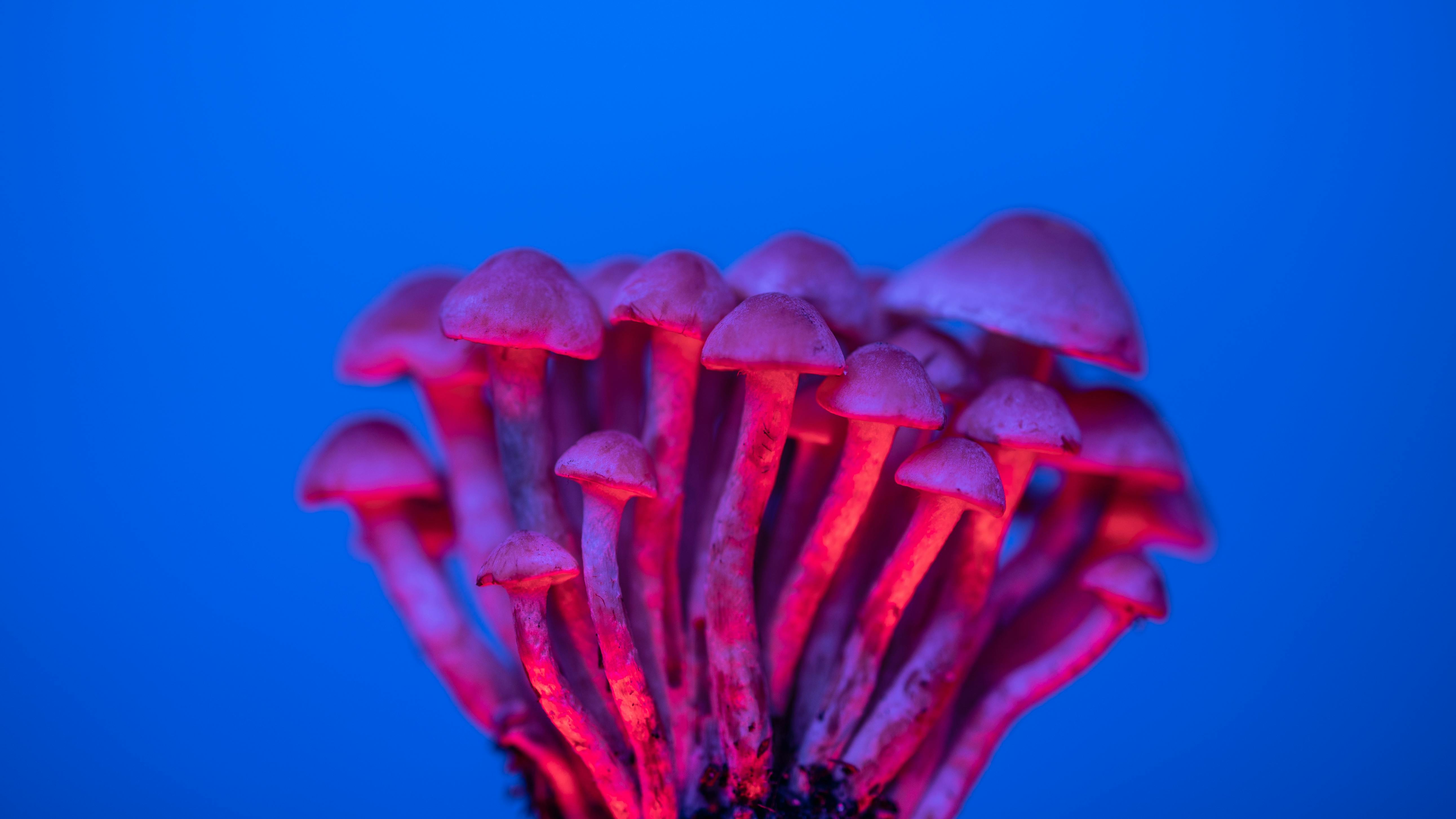Media release
From: American College of PhysiciansPsilocybin, or “magic mushroom,” use increased among all age groups since decriminalization in 2019
A multisource observational study aimed to quantify the change in prevalence and health care utilization of psilocybin users between 2014 and 2023. The study found that the prevalence of psilocybin use increased across all age groups, with those with mental or physical comorbidities among the most common users. The findings are published in Annals of Internal Medicine.
Researchers from Rocky Mountain Poison and Drug Safety in Denver, CO and colleagues studied five nationally representative data sets - the National Survey on Drug Use and Health (NSDUH), the Survey of Non-Medical Use of Prescription Drugs (NMURx), Monitoring the Future (MTF), the National Poison Data System (NPDS), and the National Hospital Ambulatory Medical Care Survey (NHAMCS) - to calculate annual estimations of the prevalence of psilocybin use in the United States. Psilocybin is the first hallucinogenic substance to be decriminalized in some states. The researchers found that before 2019 (the first year psilocybin was decriminalized anywhere in the US), psilocybin use remained relatively stable. Since 2019, lifetime use among adults and adolescents increased. Additionally, past year use increased by 44% among young adults (age 18 – 29) and 188% among older adults. Past year use among 12th graders increased 53% since 2019, and prevalence in 2023 was 2.5%. Adults with mental health or chronic pain comorbidities were more likely to use psilocybin. The rate of psilocybin exposures reported to U.S. poison centers increased 201% in adults, 317% in adolescents, and 723% in children. In 2023, past year adult psilocybin use was higher than estimates for cocaine, LSD, methamphetamine, or illicit opioid use. The results emphasize the need for public health and health care professionals to consider the elevated rates of psilocybin use in future policy and intervention development.


